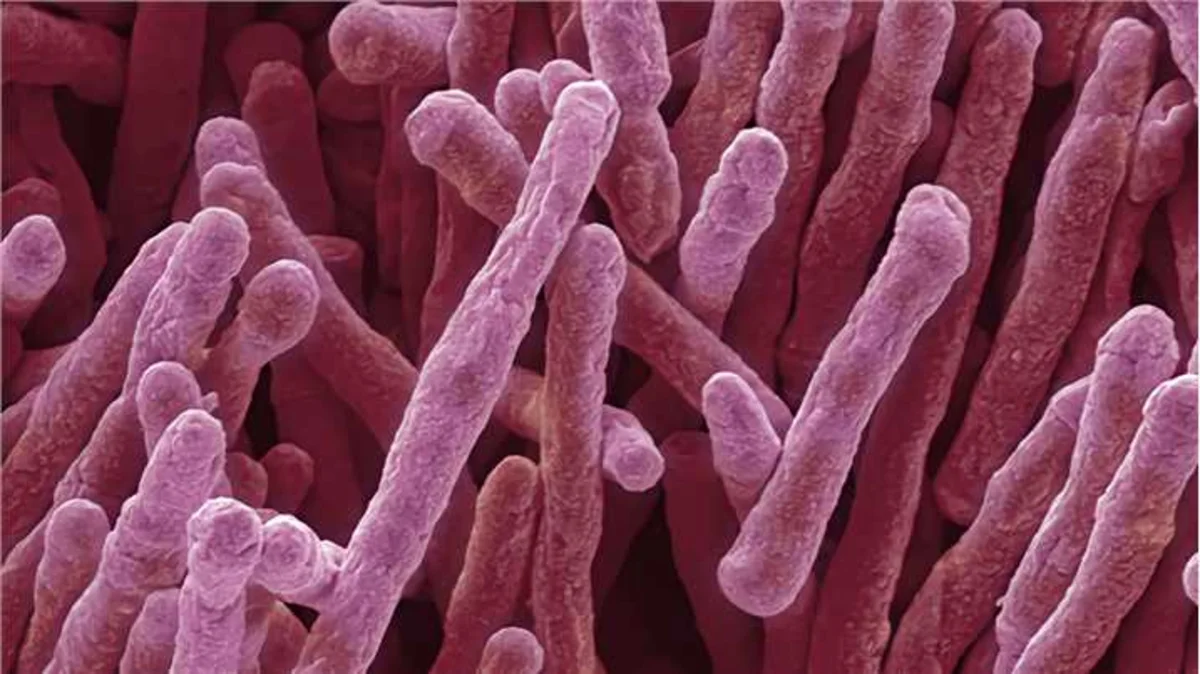Scientists have discovered that one of the “relatives” of the tuberculosis bacterium is an enzyme that converts hydrogen into electric current.
The researchers believe the discovery could be used for a new way to extract energy from the air. It is a bacterium called Mycobacterium smegmatis that uses the Huc enzyme to generate energy from hydrogen in the atmosphere, enabling it to survive in extreme environments where nutrients are scarce.
Scientists say they have discovered and are working on an enzyme that can be used as a clean energy source to power portable computers. The results of the research were published in the journal Nature.
“We believe that a power supply containing the Huc enzyme could power a range of small portable devices, including biometric sensors, environmental monitoring devices, digital clocks, calculators and even simple computers,” said lead study author Rys Grinter, a microbiologist at Monash. university in Australia.
It is a non-parasitic, fast-growing bacterial agent often used to study the cellular structure of Mycobacterium smegmati, which causes tuberculosis. It has been known for many years that this bacterium converts hydrogen into electricity. Scientists have found that it can survive in harsh climates such as Antarctica, volcanoes, and the deep oceans, where there are few other sources of energy.
“If you supply the Huc enzyme with more concentrated hydrogen, it will generate more electrical current. This means that the Huc enzyme can be used in fuel cells to power more complex devices like smartwatches or smartphones, more complex portable computers, and possibly even cars,” Grinter explains.
Scientists discovered a charged structure containing nickel and iron ions at the center of the Huc enzyme. When a hydrogen molecule enters the active site, the protons and electrons find themselves in a circle between the nickel and iron atoms. The enzyme then sends electrons to “conducting paths”, which are conductors of electric current.
Experiments have confirmed that Huc can be stored for a long time and can absorb a negligible concentration of hydrogen, which is 0.00001% of the volume of air a person breathes. Scientists believe these properties, combined with the ubiquity of bacteria, could make them ideal candidates for the role of a clean energy source for organic batteries.
Source: Port Altele
